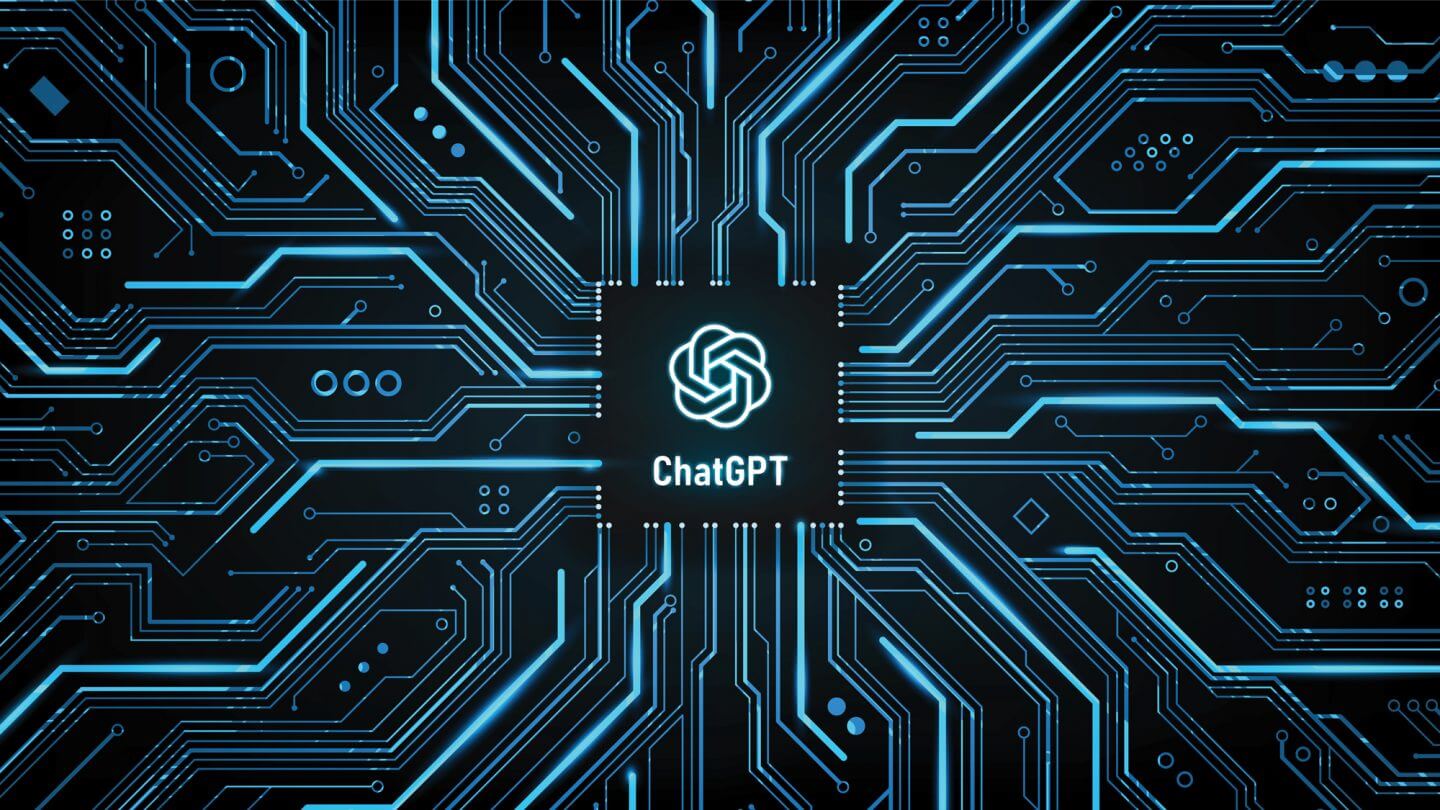OpenAI, the renowned artificial intelligence research laboratory, has ignited a heated debate by announcing its decision to allow the use of its powerful GPT-3 language model for “military and warfare” purposes. This move has sparked ethical concerns among experts, policymakers, and the public, raising questions about the potential misuse of AI in warfare and its long-term implications for humanity.
The Power of GPT-3
GPT-3 is a cutting-edge language model capable of generating human-quality text, translating languages, writing different kinds of creative content, and answering your questions in an informative way. Its ability to process and analyze vast amounts of data makes it a valuable tool for various applications, including military simulations, intelligence gathering, and even automated propaganda generation.
Ethical Concerns
Proponents of OpenAI’s decision argue that AI can be used to enhance military capabilities, improve decision-making, and potentially save lives. They believe that by providing access to GPT-3, OpenAI is simply enabling responsible governments to leverage the technology for their defense needs.
However, critics vehemently oppose this argument, highlighting the potential dangers of weaponizing AI. They warn that AI-powered weapons could lead to autonomous warfare, where machines make life-or-death decisions without human intervention. This raises concerns about accountability, transparency, and the potential for unintended consequences.
The Pandora’s Box of Autonomous Warfare
The development of autonomous weapons systems raises a critical ethical question: who is responsible for the actions of AI-powered machines? If an AI-powered drone makes a mistake and causes civilian casualties, who should be held accountable – the programmer, the commander who deployed it, or the AI itself?
Furthermore, the use of AI for military purposes could exacerbate existing arms races, leading to a dangerous escalation of conflict. The fear is that once one country develops and deploys AI-powered weapons, others will feel compelled to follow suit, creating a vicious cycle of technological advancement fueled by fear and mistrust.
The Road Ahead
OpenAI’s decision has undoubtedly opened a Pandora’s box of ethical dilemmas surrounding the use of AI in warfare. It is crucial to have a thorough and open discussion about the potential risks and benefits of this technology before it’s too late. We need to establish international regulations and ethical frameworks to ensure that AI is used for good and not for harm.
The future of warfare is at stake, and the choices we make today will determine whether AI becomes a force for peace or a tool for destruction. We must tread carefully and prioritize the safety and well-being of humanity above all else.





